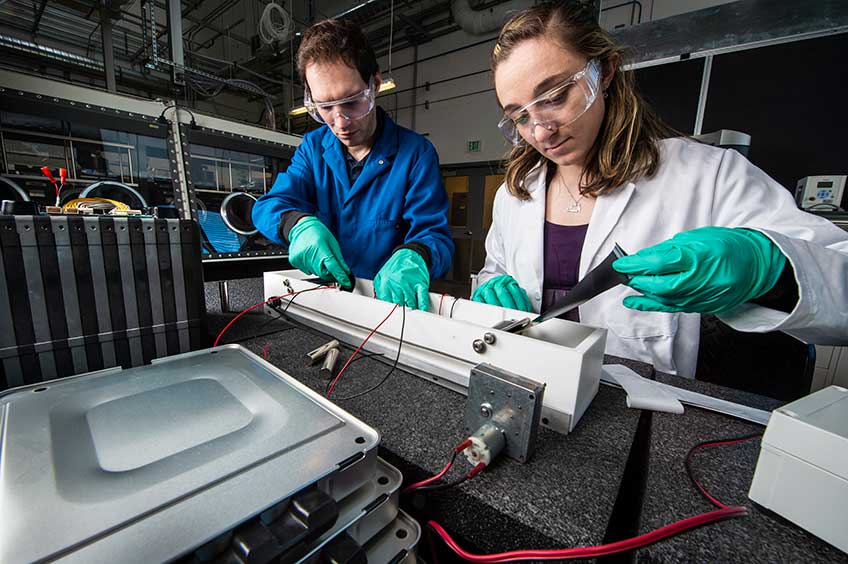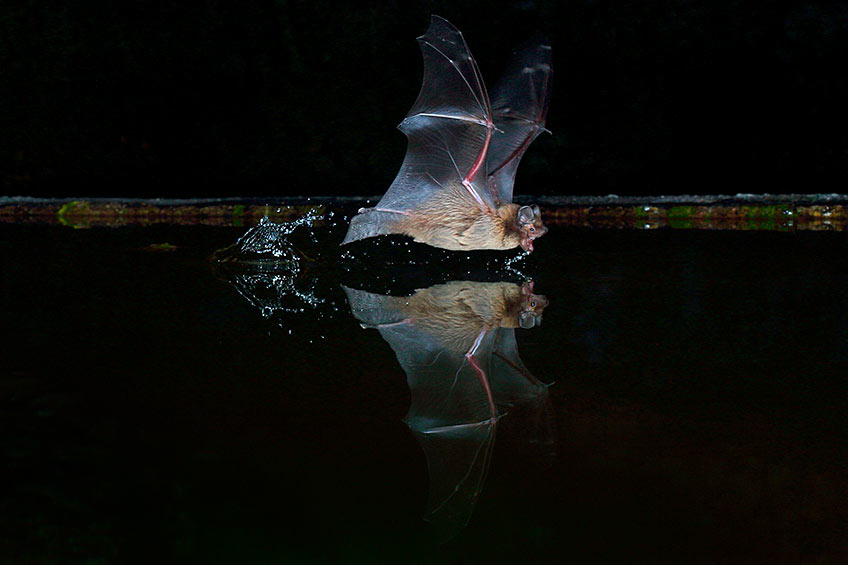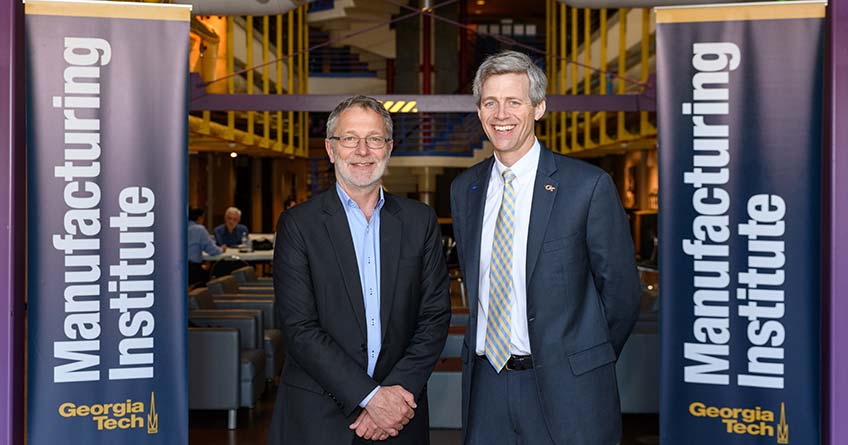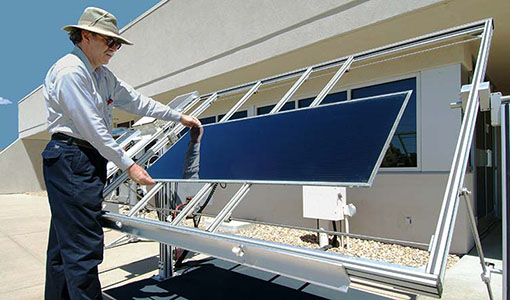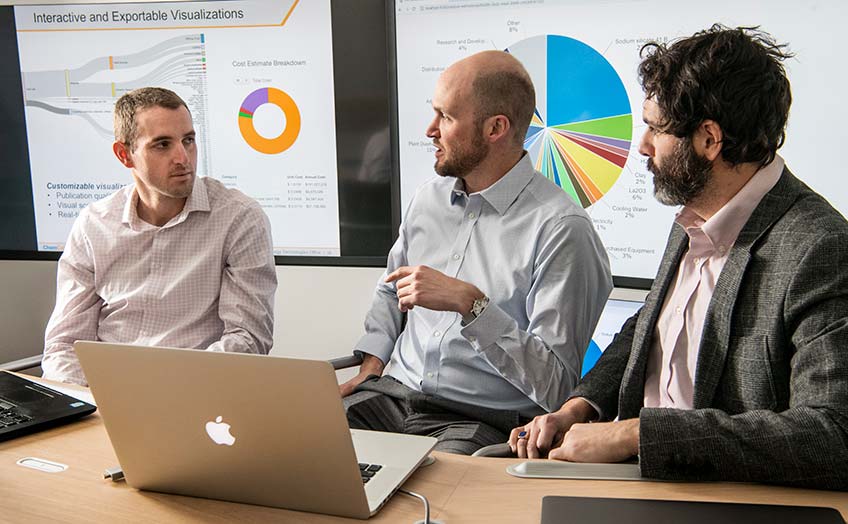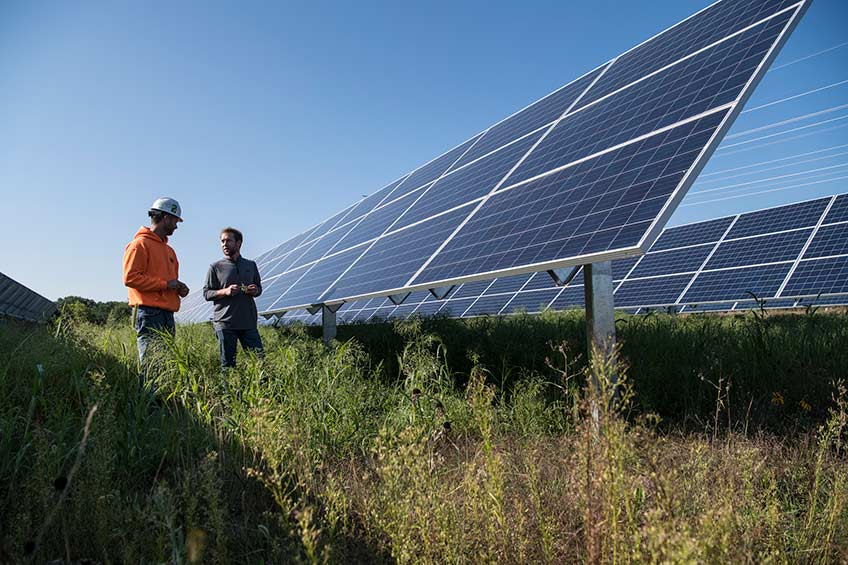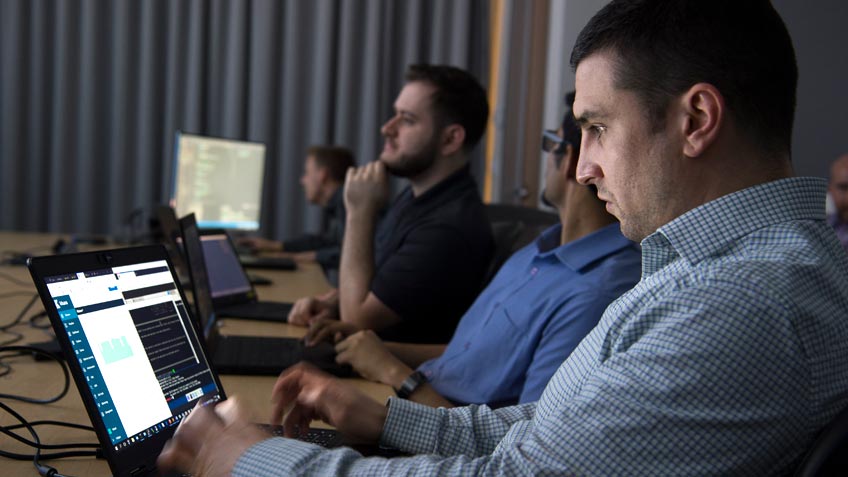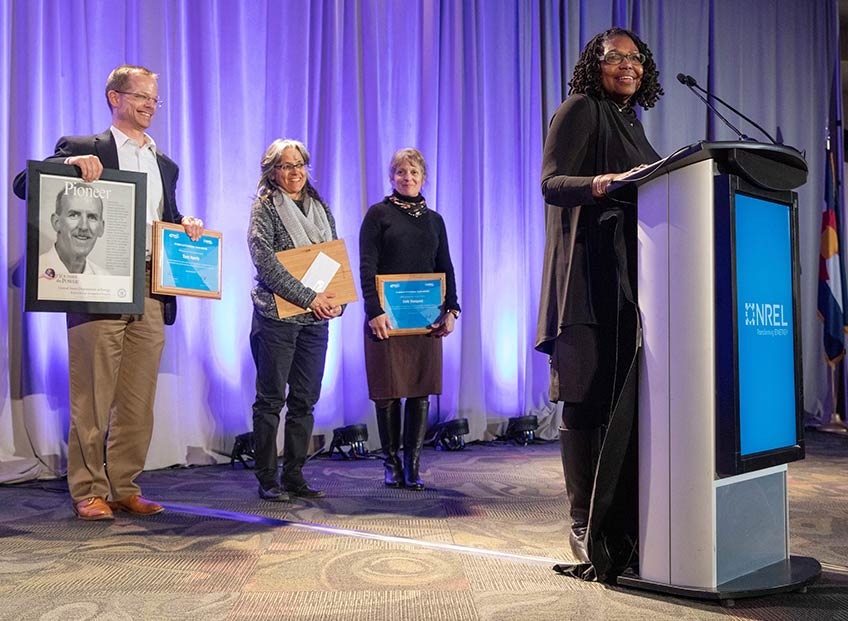April 2019
Q&A with Adarsh Nagarajan: Energy Storage as an Entity and Asset
Adarsh Nagarajan is the group manager for Power System Design and Planning at NREL. One of his specializations includes finding solutions and understanding grid integration challenges of various emerging technologies, such as solar, wind, and energy storage systems. We sat down with Nagarajan to learn more about the exciting new collaborations he's part of at NREL.
Early-Stage Companies and Investors Agree: IGF is the Place to Be in Cleantech Startup Ecosystem
NREL's Industry Growth Forum helps move technology to market through increased funding opportunities, mentorship, networking, and investor-entrepreneur interaction.
Your Renewable Energy Technology is Growing Old--What's Next?
While hundreds of millions of tons of trash continue to be dumped into American landfills annually, a growing percentage has been diverted to recycling centers since the first Earth Day in 1970. But these centers aren't set up for renewable energy technologies.
Perovskite Breakthrough Shows Importance of Added Chemical Compound in Boosting Efficiency
Researchers at the National Renewable Energy Laboratory report making a significant breakthrough by producing a tandem perovskite solar cell that pushes the technology closer to its maximum efficiency.
I-JEDI Website Helps Countries Transitioning to Clean Energy
With support from USAID, NREL's International Jobs and Economic Development Impacts (I-JEDI) Model is a free, online tool for analyzing the economic impacts of renewable energy development in a specific country.
NREL Celebrates Bat Appreciation Day
As a founding member of the Bats and Wind Energy Cooperative, NREL has spent 15 years working to protect bats by developing innovative technological solutions to monitor and minimize wind energy's impacts to bats.
New NREL and Georgia Tech Collaborative Appointment Program
NREL and Georgia Institute of Technology announce a new joint appointment program as part of an effort to enhance research collaboration between the lab and universities.
How NREL Pushed the Limits of Accuracy in PV Performance Measurements
NREL's cell and module performance recently developed a new procedure for measuring the power of commercial crystalline-silicon photovoltaic modules that reduces the uncertainty in module maximum power.
Catalyst Cost Estimating Tool Significantly Improves Research Efficiency
More than 85% of chemical processes rely on catalysts, but limited information on their cost can lead to roadblocks during early-stage research and development and along the path to commercialization. To address this challenge, the National Renewable Energy Laboratory and Pacific Northwest National Laboratory developed a catalyst cost estimation tool that incorporates industry-standard estimation methods into an intuitive, user-friendly suite of tools.
NREL Supports New Strategies to Accelerate PSH Development
NREL is supporting a new water prize to fund innovators who are working to address the non-regulatory challenges pumped-storage hydropower developers face when deploying new projects. The team aims to shorten commissioning times and reduce both risk and required up-front investments.
Beneath Solar Panels, the Seeds of Opportunity Sprout
Low-impact development of solar installations can shelter vegetation and boost energy production, creating a win-win-win for food, water, and renewable energy.
March 2019
Patent Protection Awarded to NREL's EcoSnap-AC Technology
The patented device eliminates leaking air that comes with a window-mounted unit, reduces noise, and operates with more efficiency.
NREL Analysts Help Student Teams Battle Real-Time Cyberattacks, Gain Skills
When a series of cyberattacks surged through the Denver Tech Center, NREL Cybersecurity Analysts Joshua Rivera, Adarsh Hasandka, and Anuj Sanghvi could just watch--and wait. That's because they were volunteers at the eighth Rocky Mountain Collegiate Cyber Defense Competition.
NREL Federal Energy Management Program Team Directly Supports $13.7B of Federal Facility Energy Efficiency Improvements
A special NREL Federal Energy Management Program (FEMP) procurement team is responsible for directly supporting almost $14 billion worth of upgrades to federal energy infrastructure projects using unique contracting and financing mechanisms, ensuring federal facilities received the energy efficiency and renewable energy upgrades they needed.
Building Community Through Competition: The 29th Annual Colorado High School Science Bowl
Since its inception, the Colorado High School Science Bowl has given students the opportunity to engage in science, technology, engineering and mathematics (STEM) enrichment beyond the classroom.
New Materials Could Lead to Recyclable Wind Blades
Advancements in wind energy have allowed the amount of carbon emitted into the atmosphere to drop considerably, and all without raising the levelized cost of energy. However, disposing of the materials used to create these energy-efficient machines can be complicated and have unintended consequences. Thanks to researchers at the National Renewable Energy Laboratory (NREL), this could soon be a thing of the past.
News Release: Fort Collins High School Reigns Supreme at the 29th Colorado High School Science Bowl
This marks the third consecutive year students from Fort Collins High School won the Colorado competition.
NREL Unveils Look at Most Efficient Solar Modules
The initial Champion Module Efficiencies chart contains 73 data points, dating to 1988, and broken out into 19 different technologies.
News Release: NREL's Economic Impact Tops $1 Billion
The new study estimates NREL's impact on Colorado's economy at nearly $748 million.
News Release: Tenth Edition of Data Book Reveals Trends in U.S. and Global Renewable Energy Growth
This year's edition is the first to include data and trends for electric vehicles and energy storage technologies, in addition to data-centric charts for wind, solar, hydropower, and alternative fuels.
Last Updated May 28, 2025

